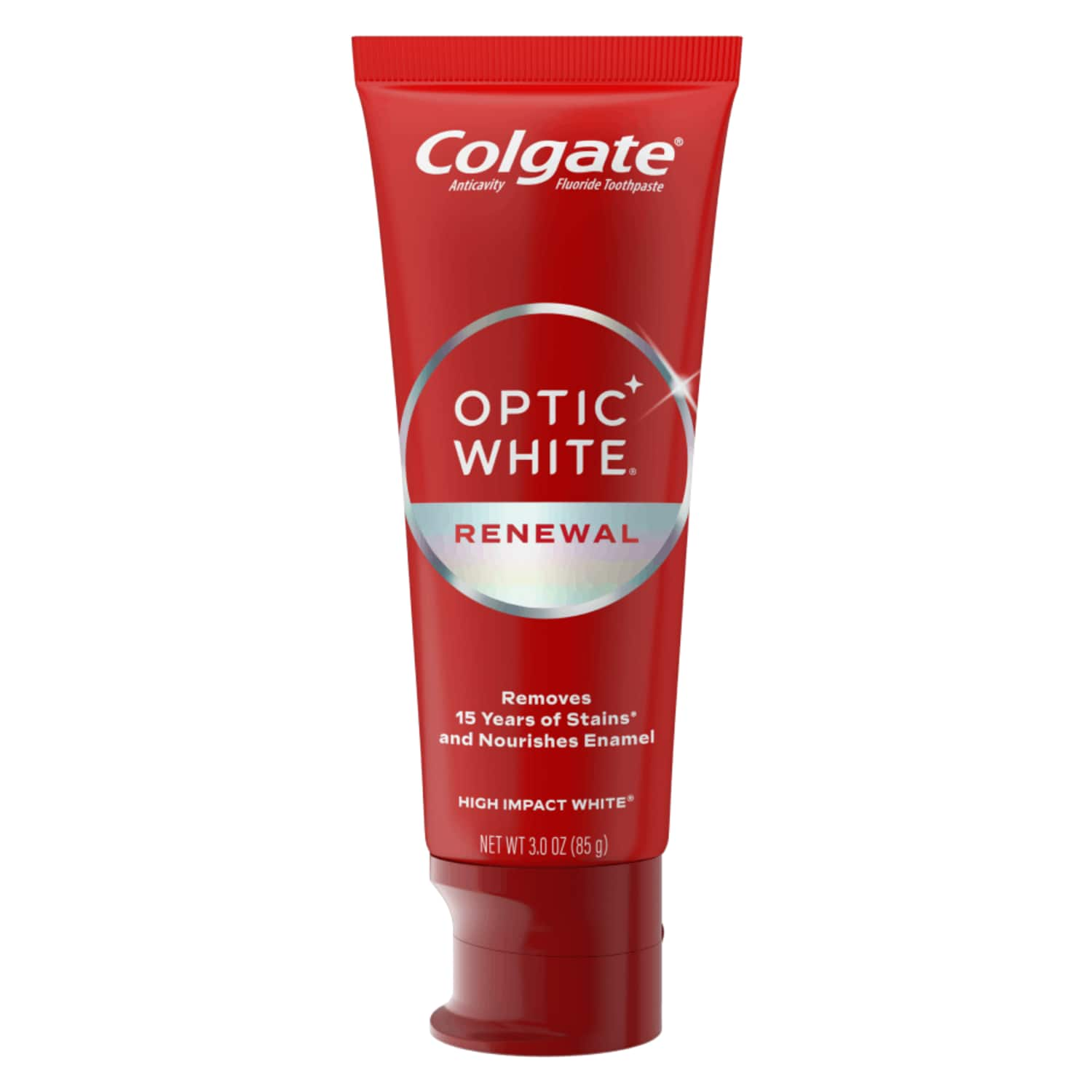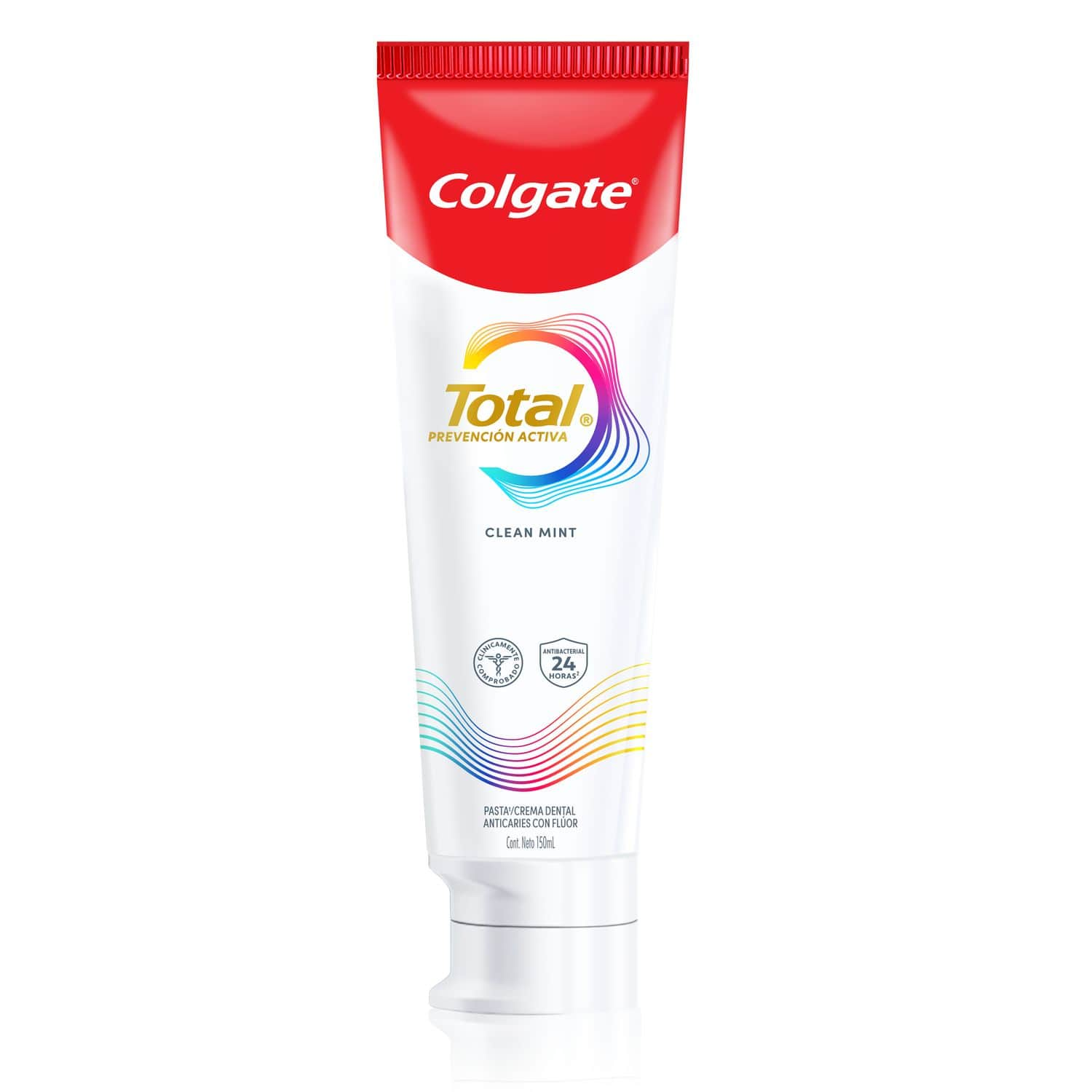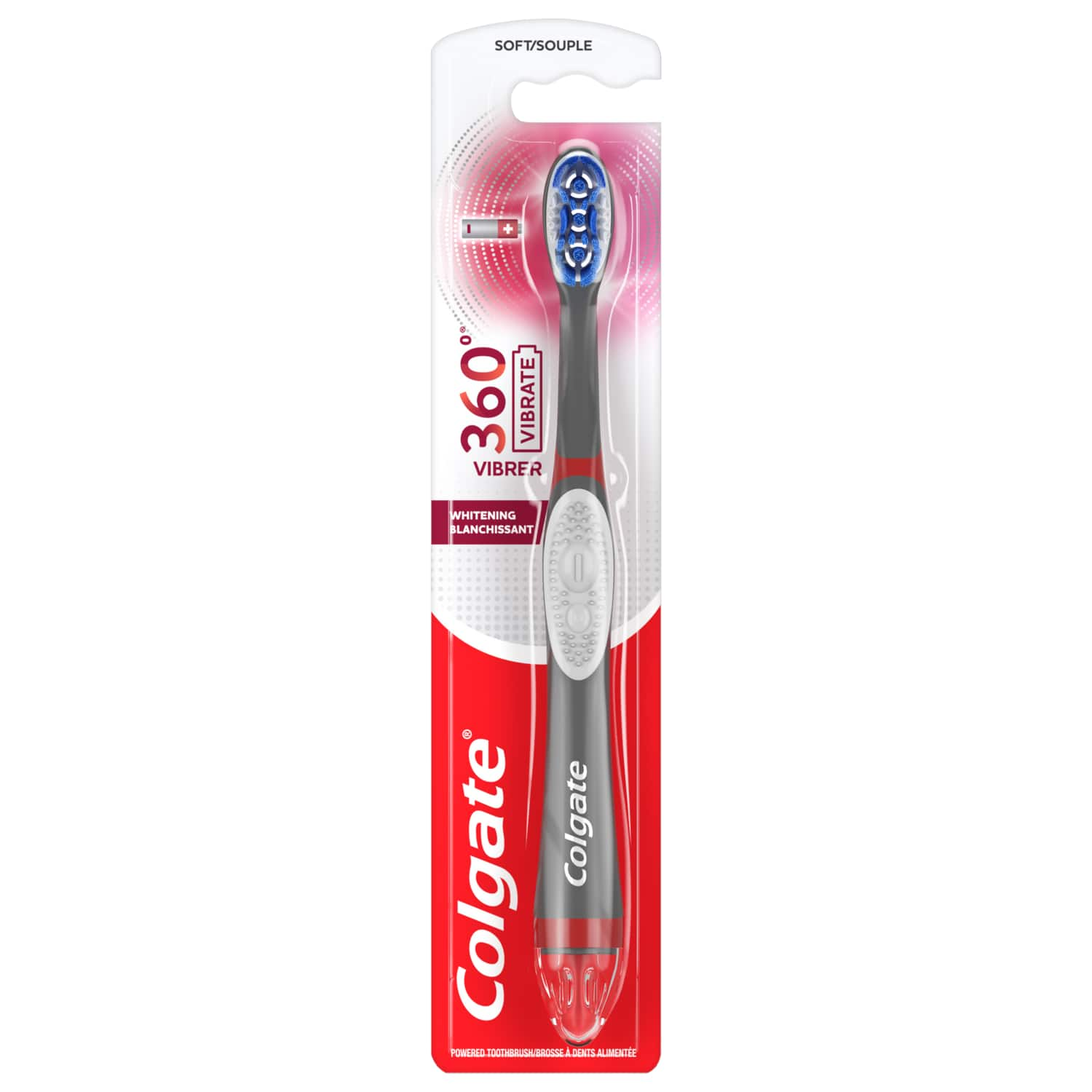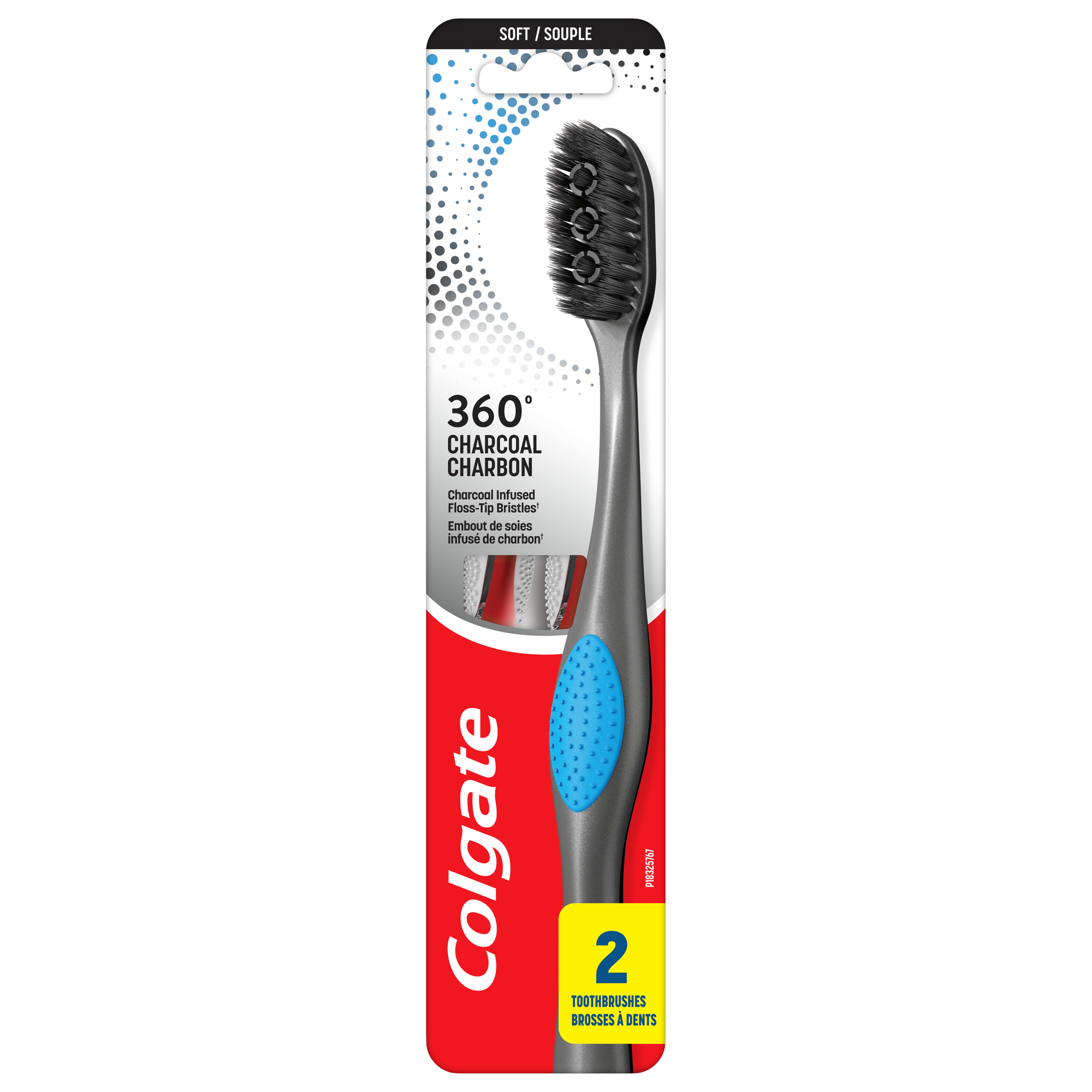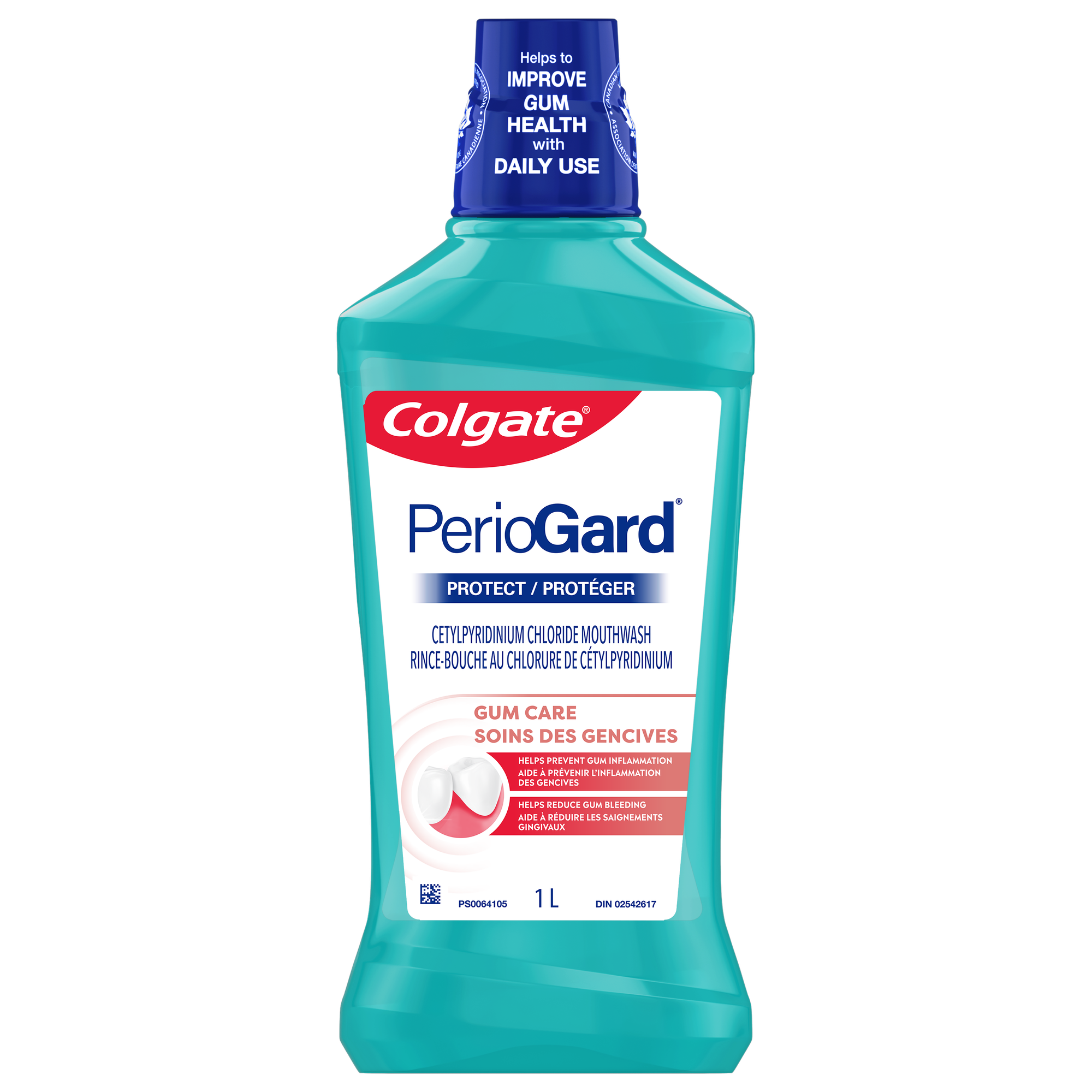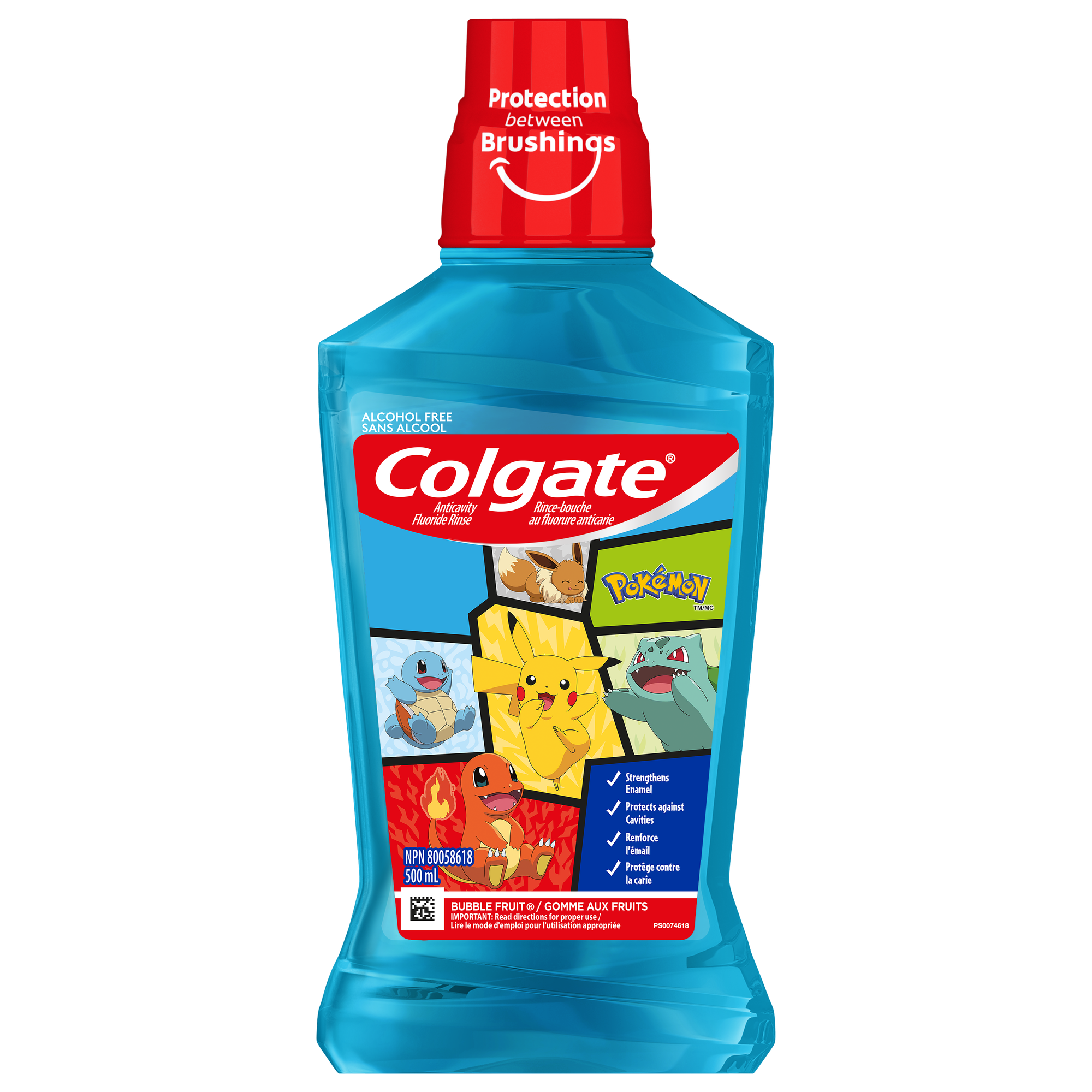What Is Tooth Sensitivity?
Tooth sensitivity has to do with the wearing down of the protective layers of your teeth. According to the Ontario Dental Association when the protective enamel on teeth is damaged it causes sensitivity. The roots below your gum line are protected with a material called cementum. This enamel and cementum protects the more delicate part of the tooth, called dentin, that lives below the gum line. Dentin has tiny tubes that connect to the tooth’s nerve centre. When enamel wears away and dentin is exposed to hot, cold or acidic food or beverages, it causes pain. When your gums recede and expose the dentin, the tubules allow fluid to flow in them and are affected by heat and cold, which causes the nerves in the tooth to have sensitivity and pain.
What Causes Tooth Sensitivity?
Various things can cause tooth sensitivity. Some of the most common causes include:
- Worn tooth enamel from using a hard toothbrush and brushing aggressively.
- Tooth erosion due to highly acidic foods and beverages.
- Tooth decay, worn and leaky fillings, and broken teeth that expose the dentine of your tooth.
- Gum recession that leaves your root surface exposed.
- Grinding your teeth at night.
- Post dental treatment sensitivity is common but temporary, especially with crowns, fillings and tooth bleaching.
Sensitive Teeth and Age
Sensitive teeth may occur at any age. However, a research reported in the Journal of Conservative Dentistry suggests that adults ages 20 to 50 are most likely to report having sensitive teeth, with reports of dentin hypersensitivity peaking with patients between 30 and 40 years of age. Although the exact reason for this is unknown, it may be related to the fact that the physical structure of the tooth changes with age. Also, older individuals are more likely to have receding gums, one of the causes of sensitive teeth. Sometimes the main issue is wear and tear of the tooth enamel, which occurs over time.
How Do You Treat Tooth Sensitivity?
In-Office Treatment
Because a more complex dental problem frequently causes extremely sensitive teeth, it's important to see a dentist and have the issue treated directly. The solution may involve a crown, inlay or bonding, depending on the severity of the problem. If you have gum disease that has progressed to a chronic or advanced stage, you'll need to treat this as well. Your dentist can help come up with a treatment plan.
If you have lost gum tissue from the root, your dentist may recommend a surgical gum graft to cover the roots so they're protected again. If you have persistent and severe sensitivity, or your tooth has suffered severe damage or has become infected, the only viable option may be a root canal according to the Canadian Dental Association.
At-Home Treatment
If your tooth sensitivity is less severe, you can treat it with a few simple at-home tactics. You might be able to find some relief from a desensitizing toothpaste that helps protect the tooth surface. Your dentist might also recommend a fluoride gel treatment, strengthening your current tooth enamel and decreasing the sensations sent to the nerve.
The best treatment for tooth sensitivity, though, is prevention. Once your tooth enamel is worn down, you can't get it back. Proper brushing and flossing techniques can prevent sensitive teeth. It will promote healthy teeth and gums regardless of how sensitive your teeth are. Be careful not to brush your teeth too hard, as that can wear down the tooth enamel over time. Try using a soft-bristled toothbrush and a desensitizing toothpaste to help protect your enamel.
At your next appointment, talk to your dentist if you are experiencing tooth sensitivity. They can provide the correct diagnosis and recommend treatment options to get your smile back on track.
ORAL HEALTH QUIZ
What's behind your smile?
Take our Oral Health assessment to get the most from your oral care routine
ORAL HEALTH QUIZ
What's behind your smile?
Take our Oral Health assessment to get the most from your oral care routine
